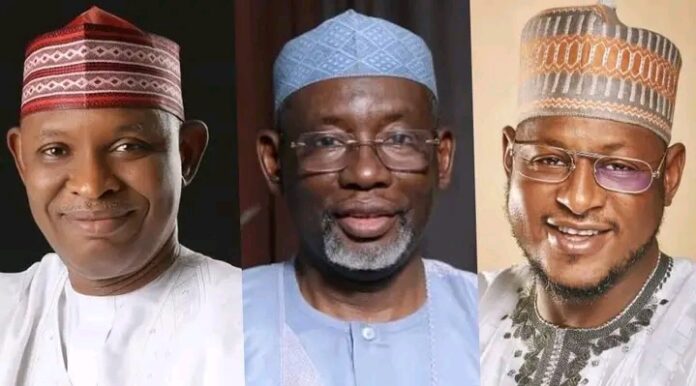The northwestern states Kano, Katsina, and Jigawa have teamed up to create the first regional electricity market in Nigeria.
They have pledged a total investment of N50 billion to improve power generation and expand electricity access for millions of people in the region.
The initiative was announced after a weekend summit held in Marrakech, Morocco. It marks a major collaboration between state governments and private investors to tackle Nigeria’s long-
standing power challenges. The move also shows how states are taking advantage of the 2023 Electricity Act, which allows them to produce, transmit, and distribute electricity within their borders.
Under the new agreement, the three states will have ownership shares in Future Energies Africa (FEA), the main investor in the Kano Electricity Distribution Company (Kano DisCo).
The goal is to align local government priorities with the company’s performance and long-term power reform plans.
The agreement was concluded during the Electrification Summit held from October 16 to 19 in Marrakech. Governors Abba Kabir Yusuf (Kano), Dikko Umar Radda (Katsina), and Umar Namadi (Jigawa) attended the event alongside other top officials, energy regulators, and international consultants.
According to Sani Sani, Head of Corporate Communications at Kano DisCo, the three states will work with the company to reduce energy losses among residential consumers and improve electricity supply.
He explained that FEA and representatives from the three states will hold an annual international retreat and quarterly meetings to track progress, plan strategies, and strengthen their partnership for the new regional electricity market.
The central part of the plan is the N50 billion electrification fund, a joint effort between the public and private sectors.
The fund will focus on renewable energy projects, such as solar home systems, mini-grids, and embedded generation, to provide more power to homes and small businesses.
In the first phase, the project will target rural communities and industrial zones in Sharada and Bompai (Kano), Dutsin-Ma (Katsina), and Gumel (Jigawa). Altogether, the initiative is expected to benefit nearly 40 million residents across the three states.



